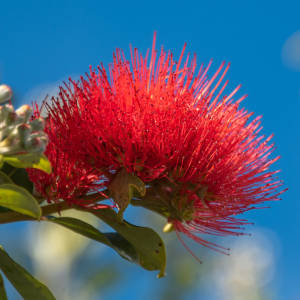Deep Apricot and Yellow
This Gladiolus is flowing so beautifully just now...do love its colours.
Today has been overcast and cloudy with no wind.. which is so unusual. It was to get to around 30c but hasn't as there has been no sun at all. I don't mind it not being sunny as it has kept the temperature just right for me at around 25c. It was rather eerie.. calm before a storm?
Gladiolus in History
Gladiolus is native to tropical Africa and areas around the Mediterranean and Middle East. It is believed that gladiolus plants were first brought to Europe in the early 18th century. Around the 1820s, gardeners began to seriously cultivate gladiolus and create hybrid varieties that became very popular in gardens and as cut flowers.
Around 1837, new green, brown and purple shades of gladiolus flowers were developed in Belgium. In 1870, the French introduced a newly discovered species with deep purple streaks. By the 1880s, German and other European plant breeders had developed over 2000 named varieties of gladiolus, which first appeared in American nurseries around 1891 and became wildly popular.
Colours and Symbolism
In floral history, gladiolus flowers have several different meanings. Because of their association with gladiators, they traditionally symbolize strength, sincerity and moral integrity. Gladiolus flowers also represent remembrance. And even though their sword-shaped leaves hark back to ancient swords and battles, Victorian romantics determined that gladiolus flowers were capable of piercing someone’s heart with their beauty, adding infatuation to the list of traditional floral meanings.
Facts about Gladiolus
Mediterranean and British gladiolus flowers were used by herbalists to treat physical ailments.
Some parts of the gladiolus plant are poisonous if eaten by humans or animals.
Some species may cause skin irritation or allergic reactions when touched.
Gladiolus roots were used in England as a poultice for drawing out thorns and splinters.
Powdered gladiolus roots were mixed with goat’s milk to soothe colic in babies.
For more information on the Gladiolus.
- 24
- 2

Comments
Sign in or get an account to comment.


